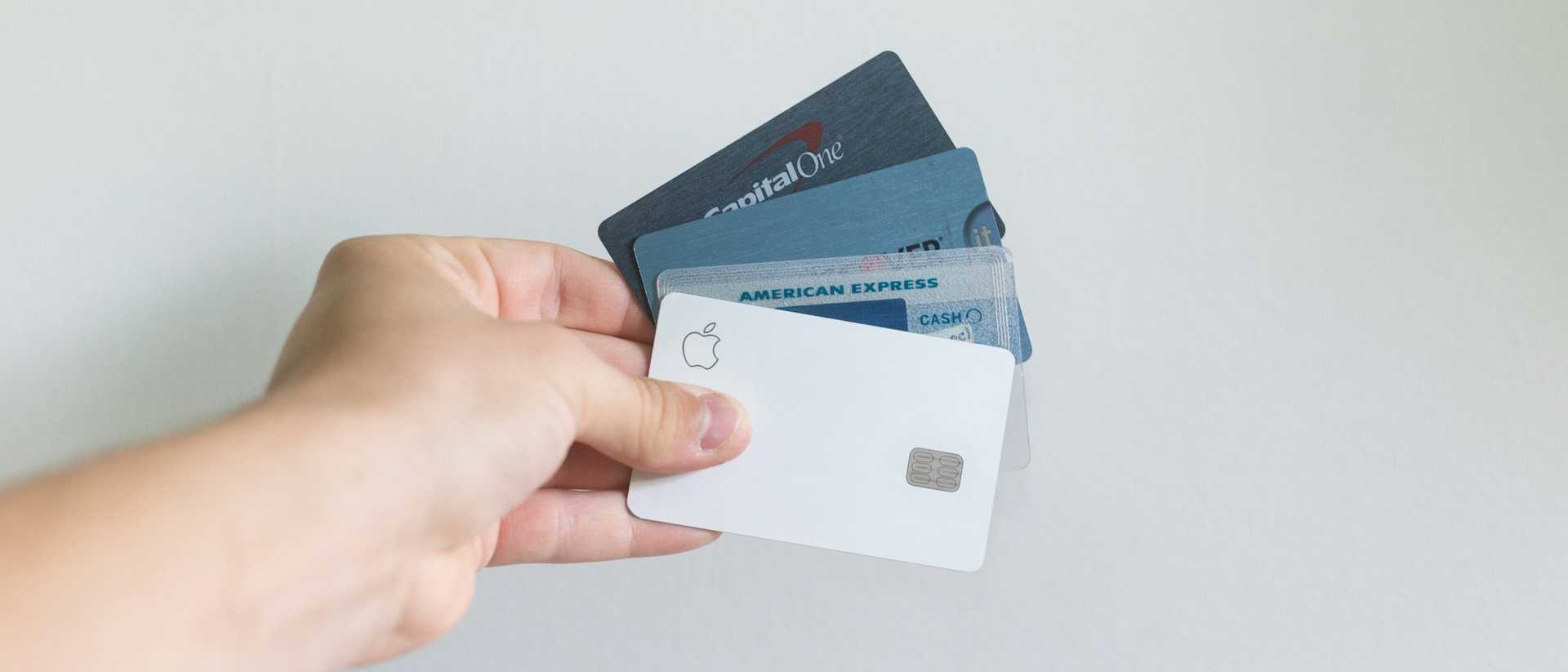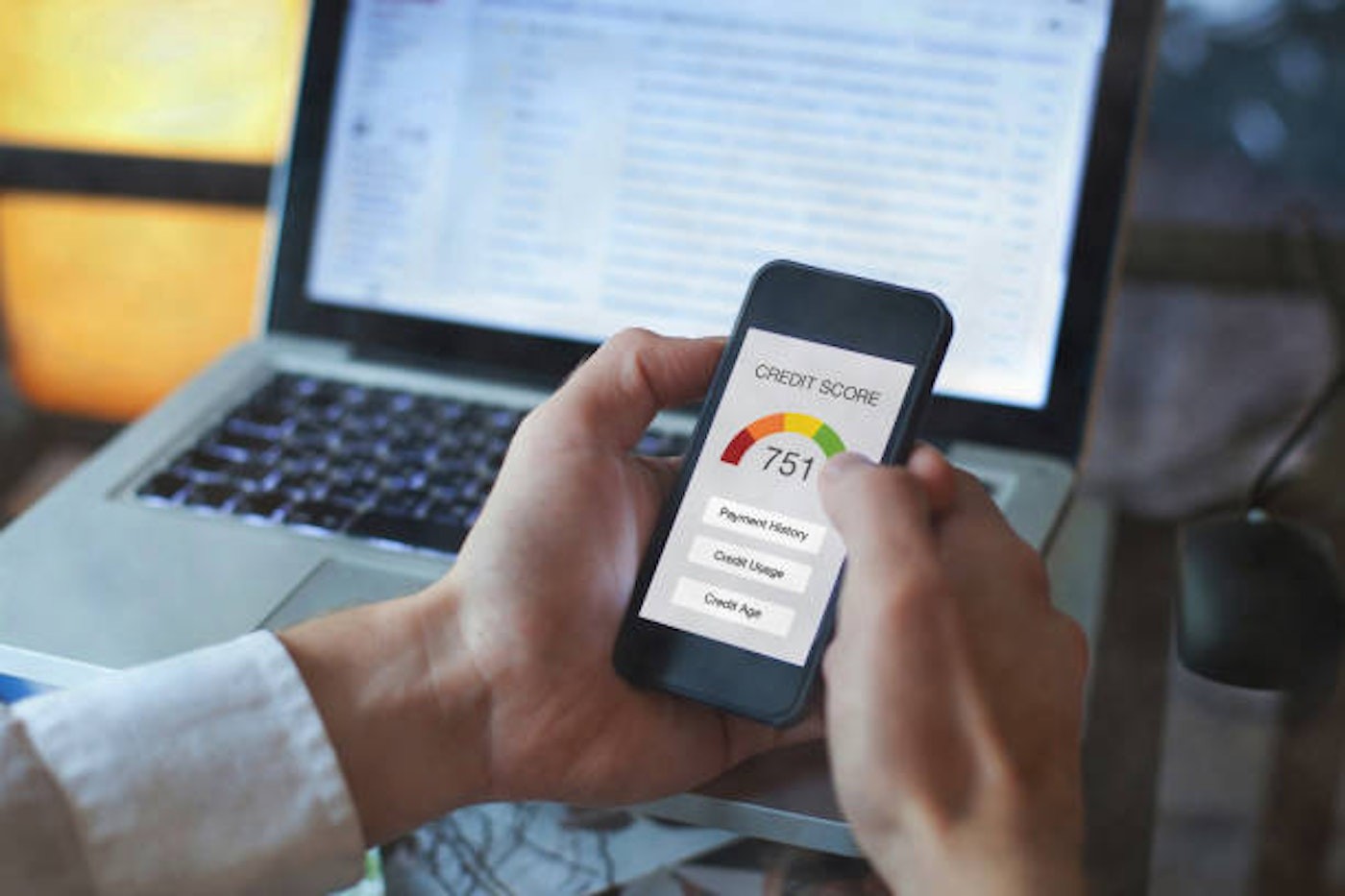Consolidating Credit Card Debt: Everything You Need To Know

Credit cards are part and parcel of everyday life for most of us. We get used to using them and paying them off. And they’re great to fall back on in a crisis.
But sometimes life happens and credit card debt can get out of hand. You may be overwhelmed with debt or you may want to streamline your repayments to make them more manageable. Either way, you know you’ve got to take control.
A credit card consolidation loan could be the answer. This way you’re making one manageable payment rather than several and potentially reducing the interest you pay on your various cards. And there are many more benefits when you choose credit card debt consolidation as your way to pay off your existing debt faster.
Is debt consolidation a good way to get out of debt?
Everyone’s circumstances are different and everyone’s financial situation is unique to them. But for most borrowers consolidating multiple credit card balances into one loan is often a sound way to manage your existing debts.
There is a key issue to address before you apply to a credit provider for a consolidation loan. And that’s to acknowledge the underlying problems that have led to your current debts, such as overspending. The way to manage credit card debts is to pay the debt off, not run up more.
But if you are in control of your debt management then funnelling your payments into one new personal loan has got to be a more manageable choice. And Driva can help connect you with a personal loan provider within minutes if you already know it’s the right option for you.
If you’re still undecided, you’ll want to know more about the advantages of debt consolidation loans before you take the plunge.

1. Streamline Your Payments
Would you rather juggle multiple monthly repayments or make one straightforward payment? Having all your debts in one place seems like a no-brainer, right? It’s not only a load off your mind to simplify your repayment system but it can help you understand your money better. When you consolidate debt, you only need to consider the repayments and interest rates of your personal loan. That’s got to be better than worrying about the various interest rates, repayment amounts and fees of multiple lenders.
Plus, consolidating all your existing debt can increase your credit rating. How? If you’ve missed payments in the past or made late payments because things have got out of hand, you only need to worry about meeting the repayment date of your one personal loan to improve your score.

2. Quicker Payoff
If being debt free is your goal, you’ll want to speed up the repayment process as much as possible. And if the interest on your debt consolidation loan is lower than that of your existing debts, it’s certainly achievable. Because you’ll be paying less in interest each month, you could put that additional money towards extra repayments. It’s a great way to pay off your loan faster.
Do bear in mind, though, that consolidation loans typically lead to longer repayment periods. So, overpaying will be essential to an early payoff working for you. And an early repayment strategy is your primary goal for debt consolidation always check the lending criteria to see if it’s alloed. And check for early repayment fees.
3. Pay Less Interest
All types of personal loans come with different interest rates. But if your credit score has improved since applying for your credit cards, you could negotiate a credit card consolidation loan with a lower interest rate than you are currently paying. You may need to shop around for your most competitive rate. Or you could let us do the leg work by finding a perfect match for you.

4. Lower Monthly Payments
It’s possible to lower your monthly payments when you put all your existing debts into one pile. This is because unsecured personal loans for debt consolidation usually spread repayments over a longer period. It’s worth noting, though, that this may not mean you’re paying less interest on your repayments. It could mean that you’re paying more interest over time even if monthly budgeting becomes easier.
Is it safe to consolidate credit card debt?
Providing you are choosing a reputable provider and you can meet the repayments, consolidating debt is as safe as any other financial contract. But while it may be ‘safe’, there are a few things to consider to make sure it’s the ‘right’ choice for you.
Here are a few things to check:
- Calculate how much interest you’ll be paying if you consolidate compared to the interest rate you’re already paying on your cards and how much you’ll pay over time. This way you can see if debt consolidation is the best deal.
- Check what charges may apply if you transfer the balance from your credit cards into an unsecured personal loan. Is there a balance transfer fee, an annual fee or early repayment fee etc?
- Ask yourself: will my credit history allow my loan application to be accepted? If not, is it worth negatively impacting my score?
- Remember: I will probably be paying more in the long run, will my personal circumstances allow for that? Or will I be worse off in the long run?
When thinking about any debt consolidation options, it’s easy to get confused. We’d recommend getting independent professional advice for any concerns surrounding debt. It’s also good to be as informed about debt management as possible. And we’ve got a great article here on the topic to help you out.

Does consolidating credit affect your credit score?
This is an easy question to answer. Yes, your credit score will be affected if you consolidate debts with a personal loan.
In the short term, your score may drop because applying for any new line of credit involves a hard inquiry against your credit report to assess your suitability. Or, if you’ve made too many applications in a short period of time, it can also lead to an increased dip in your score. A new line of credit is ‘younger’ and therefore doesn’t show your positive account management, so this, too, can slightly affect your score.
But these issues are relatively short-term. Your score may improve over time and in different ways.
One of those ways is by reducing your utilisation rate. Your utilisation ratio measures the total amount of credit you are using compared to the total credit available to you. When you get a debt consolidation loan or another form of credit approved, it decreases your credit utilisation ratio which leads to an improved credit score. This also happens when you pay off revolving lines of credit like multiple credit cards. Another benefit of combining multiple debts into a single loan is you’ll be more likely to meet your monthly repayments consistently and on time. By creating a better payment history, you’re creating a surefire way of upping your score for the long run.

How to consolidate $30,000 of credit card debt?
This might seem like a lot of debt but it’s not an insurmountable problem. And putting all your unsecured debts into one place might make the amount feel much more manageable. Here are some options:
- Take out a personal loan
You’ve looked into all the implications and a credit card balance transfer into a personal loan will give you greater financial security. Most banks and financial providers offer balance transfer options. But if you click here, Drive can match you with a new loan in minutes. - Use a balance transfer credit card.
If one of your cards or a new credit card option offers this line of credit and an interest-free period that might be a good fit. Although, as always, check that the eventual interest rate is not going to be prohibitive. - Approach a nonprofit credit service
If your debt has become too much for you to handle, reach out. Call the National Debt Helpline or search for a not-for-profit credit organisation. They will try to offer support during times of financial hardship. Or, if you have money coming in, they may have ways to help you in consolidating your financial obligations into one loan. And if they can’t they will offer expert advice. - Borrow from family or a friend
This one is not for the faint-hearted or possible for everyone. But if you have a family member who can help tie you over while you get your finances straight, this may solve a few problems. They may not charge you interest on your repayments and this way you can pay off your debt faster. But to avoid ruining your relationship, pay your debt in full and even consider creating a contract for repayments – just in case.
We’re Here For You
Driva’s debt consolidation loan is a time-saving way to investigate your consolidation loan options and get your personalised quotes. In just minutes, you can get your personalised loan rates comparing over 15+ lenders and no hidden fees so you know you’re getting the best deal. Plus, you can rest assured that getting your pre-check has no impact on your credit score!


.png)







